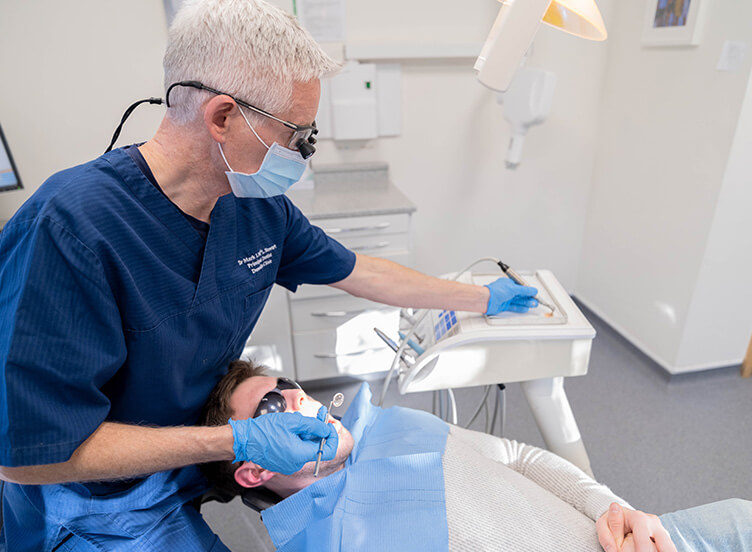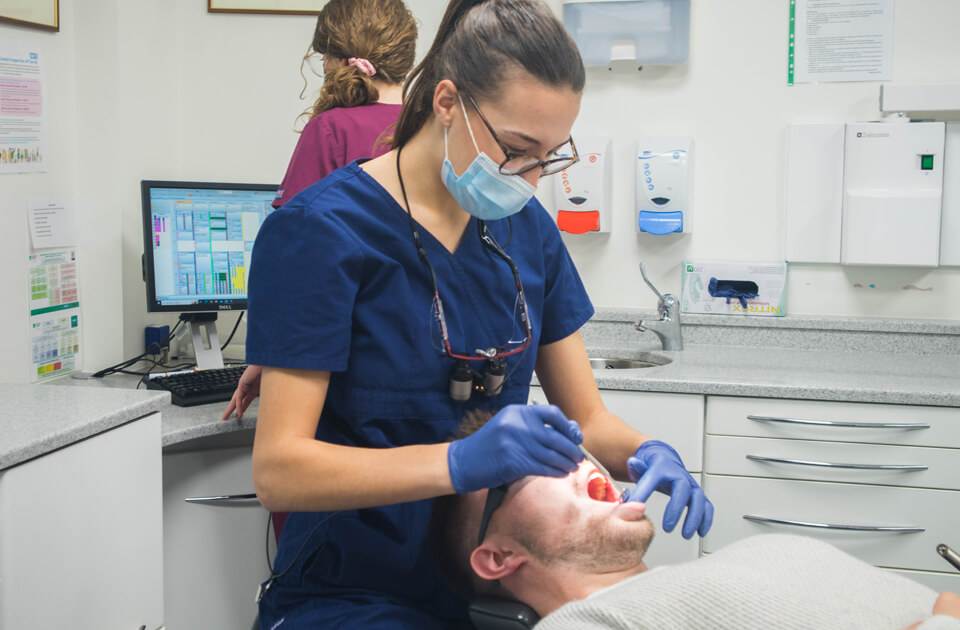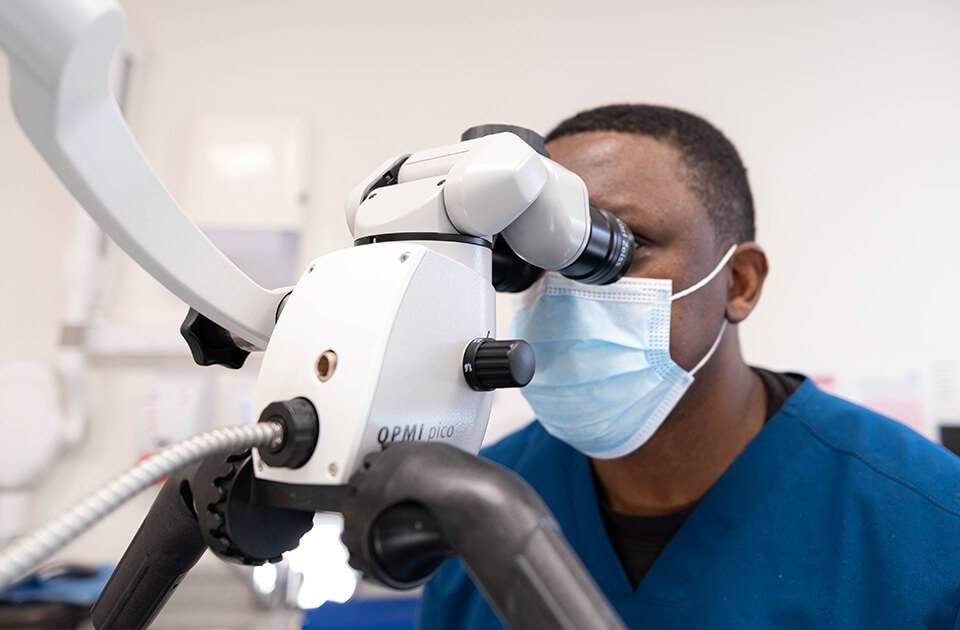At Dunedin Clinic, we perform dozens of types of dental restorations, ranging from routine dental fillings to more complex restorative dental treatments to replacing single or multiple missing teeth such as dental implants. When we discuss the need for patients to invest in dental restoration, you may wonder how we will make a recommendation.
What factors will our dental team consider when deciding what techniques and materials to use to change your smile for the better? During your consultation, we will mention the factors behind any important decision. As the patient, the choice of which treatment is yours to make. We will aid you every step of the way in choosing the option that suits your lifestyle, budget, and current oral health.
What factors influence dental restorations?
Our primary objective is to ensure that patients not only achieve beautiful smiles but also experience a significant improvement in their quality of life through our cosmetic treatments and dental restorations. We strive for long-lasting results that enhance both the aesthetic appeal and functionality of our patient’s smiles. The choice of materials and techniques utilized by dentists can vary significantly. Therefore, it is crucial for a dentist to thoroughly evaluate several factors before suggesting any type of restoration. Here are some key factors that need to be carefully considered:
The type of damage and severity
Prior to suggesting a restoration, a dentist will initially evaluate the nature and severity of the damage. For example, if a tooth has a minor cavity, a filling might be sufficient to fully restore its functionality. However, if the tooth is extensively decayed and on the verge of collapsing, a filling would provide minimal benefit. In such cases, the dentist may propose alternatives like a crown or a root canal procedure.
Moreover, when dealing with missing teeth, neither a filling nor a crown would be suitable. In these instances, the dentist might suggest a bridge, denture, or implant as appropriate replacement options. It is important for the dentist to consider the specific circumstances and recommend the most suitable restoration based on the individual’s unique dental needs.
Where the damage is
The location of the damage within the mouth and on the tooth is crucial in a dentist’s recommendations, alongside the type and extent of the damage. If the decay is primarily on the tooth’s surface and crown, an onlay may be suggested. However, if the damage extends deeper, an inlay might be recommended to restore the tooth.
The cause of the damage
The cause of the damage plays a vital role in guiding a dentist’s decisions to prevent future issues. For example, if a patient has dental damage resulting from teeth grinding, the dentist may suggest the use of a mouthguard along with crowns to provide additional protection for the teeth. On the other hand, if tooth loss is due to periodontal disease, the dentist must consider the patient’s condition and recommend appropriate ongoing maintenance such as regular dental hygiene appointments to safeguard oral health.
Cost of Dental Treatment
While our Exeter dental practice prioritizes strong oral health over cost considerations, we acknowledge that affordability can be a significant barrier to treatment for many individuals. Consequently, our dental team may carefully balance your preference for cost-effective treatment with the necessity for dental restorations, striving to find a recommendation that satisfies both aspects. Additionally, dentists often consider future costs associated with the treatment. Although the initial cost may appear reasonable, the inclusion of future maintenance and procedures could potentially exceed budgetary constraints.
Ongoing Treatment Options
Multiple restorations often necessitate patients to attend one or more follow-up appointments. However, if a patient is unable to attend these visits due to various reasons, a dentist may propose a restoration that aligns better with the patient’s capabilities. We prioritize avoiding unnecessary treatment of teeth. For instance, while a dental bridge can quickly resolve a problem, it involves altering neighbouring teeth, which may require additional dental work over time. Considering the advantages and disadvantages of ongoing treatment to help you make an informed decision is of the utmost importance to us.
Recovery Time
Recovery times associated with dental treatments can significantly differ, much like the treatments themselves. For instance, procedures such as fillings and crowns typically involve minimal or no recovery time. On the other hand, more invasive treatments like root canals and implants may necessitate several days to months of recovery. In order to make suitable recommendations, a dentist will engage in a discussion with the patient, considering both the patient’s needs and their capacity to handle the recovery time associated with each option.
Conclusion
In conclusion, dentists carefully assess various factors such as the type and extent of damage, location of the damage, cause of the issue, cost considerations, future expenses, ongoing maintenance, and recovery times when recommending dental restorations. By considering these factors and engaging in discussions with patients, at Dunedin Clinic in Exeter, we strive to provide personalized recommendations that prioritize both oral health and the individual needs and circumstances of each patient. This comprehensive approach ensures that patients receive the most effective and suitable dental treatments, leading to improved oral health and overall well-being.
To Request an appointment click here or call Dunedin Dental Clinic at 01392 363434 or 01392 363431 for an appointment in our Exeter Dental Practice.







